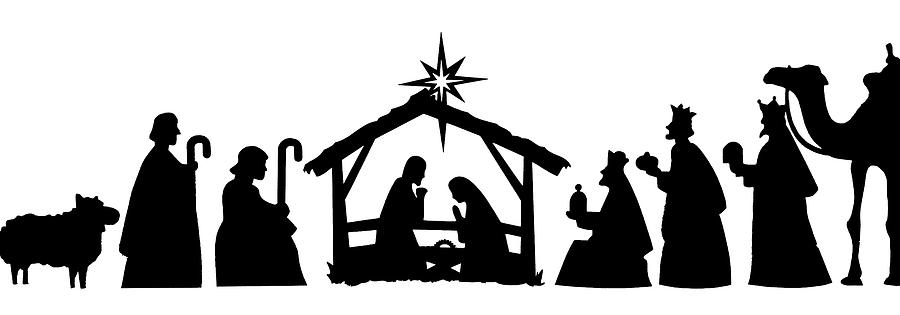Last week was Epiphany Sunday. And
in the churches I serve this is a day that, in part, we remember the journey of
the magi’s quest to search for the Christ-child, the One born “King of the Jews”.
The story is told in the second chapter of Matthew’s gospel, and is as familiar
to us as the shepherds and the manger as part of Jesus’ birth.
And
yet the magi would have arrived a year or two after Jesus was born, so Jesus
was toddler at the time these Gentile gift-bearers arrived at the house in
Bethlehem. And yet most all of our modern nativity sets include these three
men, even though Matthew never says how many magi there were, just that three
of the gifts that they brought included gold, frankincense, and myrrh. I don’t say
this to crush your Christmas image of shepherds and wise men hanging out in the
stable while the little drummer played his drum and cattle lowed and baby Jesus
slept quietly under the star lit sky.
In
fact, I love the image of shepherds and magi together in the same place. Even
though perhaps that’s not historically accurate, I believe it is theologically accurate.

(Image Photo by Minr Alawi)
On the one side are the shepherds.
They were probably Jewish born men who worked a hard job and weren’t exactly
the socially accepted. They spent their days and nights in the fields, caring
for sheep. And also selecting sheep to be taken to the priests to be examined
for defects and blemishes. The perfect sheep were used in the sacrifices. So
these Jewish men knew about sheep, and sheep “without spot or blemish”, and
sacrifices, and about what being a “good shepherd” looed like in day-in day-out
life.
And on the other side are the magi.
These men are not Jewish, which means they are what the Bible refers to as “gentiles”,
which is basically anyone who is not Jewish born or a Jewish convert (proselyte).
They come from somewhere around Persia and travelled hundreds and hundreds of
miles over a period of months because of “star” they saw that they believed
heralded the birth of a Jewish king. The word that Matthew uses to refer to
these men, “magi”, is where we get our English word “magician” from. And as
cool as David Copperfield and Criss Angel are to watch on TV, the Bible never
refers to magicians in a positive light. These men are not worshippers of the
One True God by birth or by confirmation. They knew about the Scriptures that
foretold of this coming Messiah, and the prophecy that a unique star would
herald his birth, and so when they saw something unique and out of the
ordinary, they followed it.
The shepherds were told by angels.
The magi were told by a star. And both groups made their journey to Jesus.
On one side shepherds, and on the
other side magi. On one side Jewish blue collar economically poor sheepherders.
On the other side horoscope reading-star gazing gentile alchemists. And in the middle,
Jesus.
That’s why I love the nativity. All of
the unique diversity there. All these people coming from different backgrounds
are there. And the One who brings both sides together, the One who bridges the
gap between them and proves that what they have in common is greater than any
differences that they have, is Jesus.
And if this is true of shepherds and
magi in 1st century Israel, I wonder could this still be true for us
today as well? As we continue our journey to Jesus, perhaps it is in seeing
Jesus in the middle of all things, then we might then see the wide variety of
others who have been journeying to Him as well.
No comments:
Post a Comment